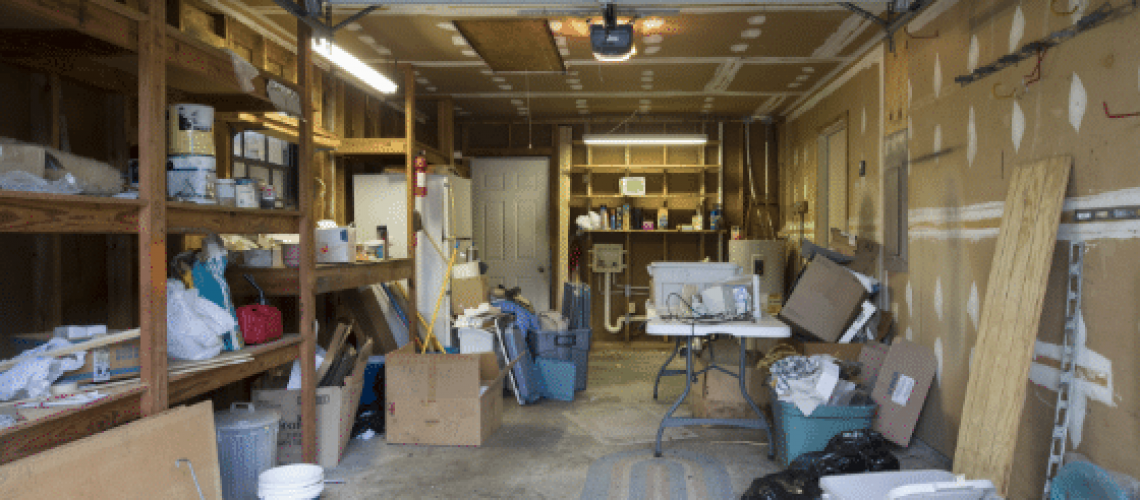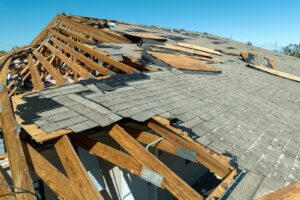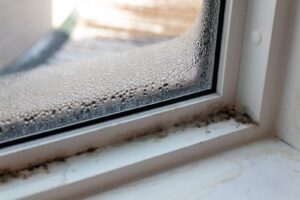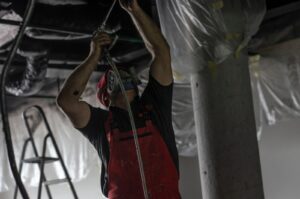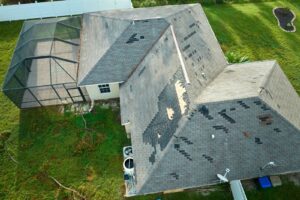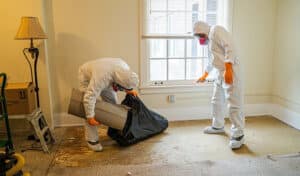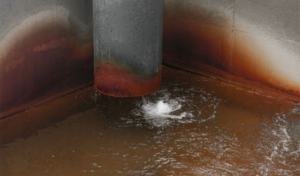A fire in your garage isn’t something most property owners need to consider. Be that as it may, actually a great many carport fires happen each year in the USA. What’s more, if your carport is joined to your home, this can be particularly tricky.
Flames aren’t constantly unsurprising. Be that as it may, you can find a way to diminish the danger of a fire breaking out in your garage.
1. Electrical Problems
Electrical fires are very common. Electrical malfunctions are the number one cause for house fires in the US, and they often start in the garage. These fires can start from blown circuits, overloaded electrical outlets, faulty wiring, exposed wiring, and other ways. Keep track of all of your electric wiring—don’t leave electronics plugged in, don’t use extension chords long term, have your wiring checked regularly. Exposed wires can be chewed through by mice and other pests and be left exposed—making them a fire hazard. If you live in an older home, we recommend that you have your wiring checked to ensure that you are not in danger of an electrical fire.
2. Clutter
When there is clutter in your garage, a fire still spread quicker. But the truth is—the garage is often the place where we collect our clutter. It is so easy to throw your clutter in the garage where it is out of sight and out of mind. This clutter that piles up in the garage not only makes it hard to navigate through your garage, but it can also mean a bigger fire. If a fire starts in your garage, it can spread much easier with clutter. As the clutter catches fire, it spreads fast.
3. Flammable Liquids
The garage tends to be full of flammable liquids that are potential fire hazards. These liquids may include oil, cleaning solutions, and gasoline. The storing of these liquids is not necessarily dangerous, but they become dangerous if they come in contain with a spark. It may be best to store these liquids in a shed separate from your home, if possible.
4. Propane Tanks
Propane is often stored in the garage as well. These tanks shouldn’t be a problem as long as they are sealed properly. If the tank is leaking, any small spark could ignite an instant fire that can quickly get out of hand. Aside from starting a fire, if a fire has started, a propane tank will certainly fuel it.
To prevent potential danger, it is probably best to store propane somewhere away from your house—like a shed or to avoid having extra propane. You can just buy it when you plan on using it. Storing it can be dangerous for your house.
5. Prevention
Garage fires tend to get out of hand quickly. To avoid a potentially disastrous fire, there are a few things that can be done to fireproof your garage or at least help a fire from getting out of hand. Keep a fire extinguisher in or near your garage. Install a fire alarm in your garage. Get a shed on your property where you can keep propane tanks and other flammable materials. Keeping your garage clean, organized, and free of frayed and exposed wires will help you avoid fire and keep any potential fires from getting out of hand. Take some simple measures to avoid having a disaster in your garage and your house.

